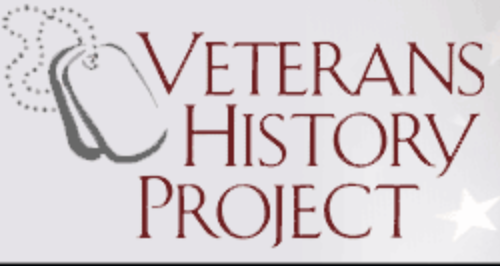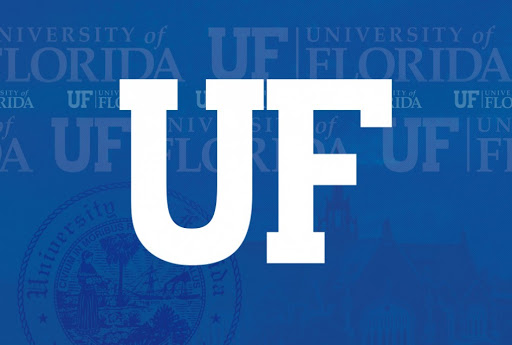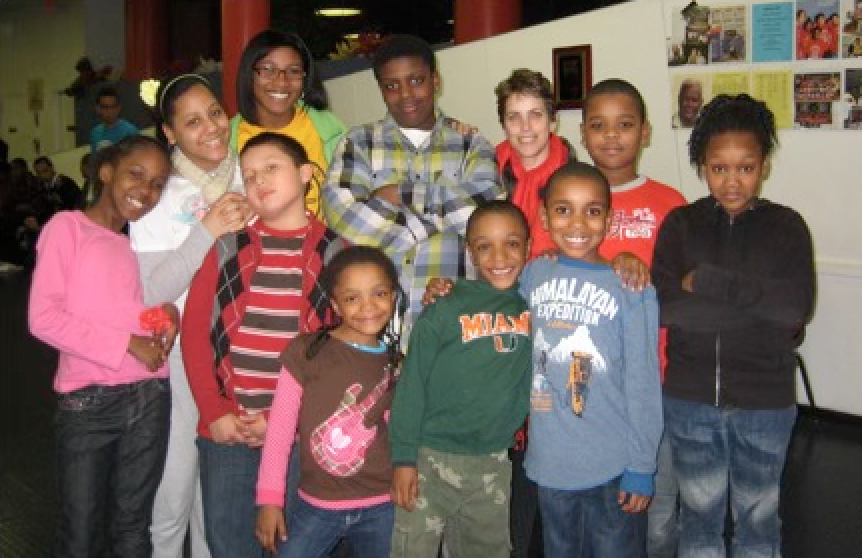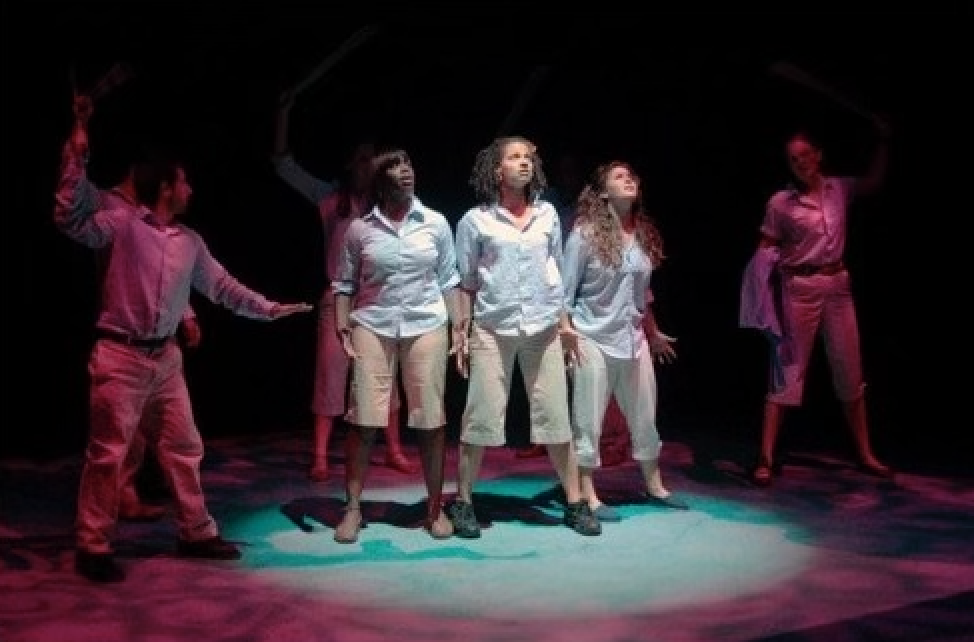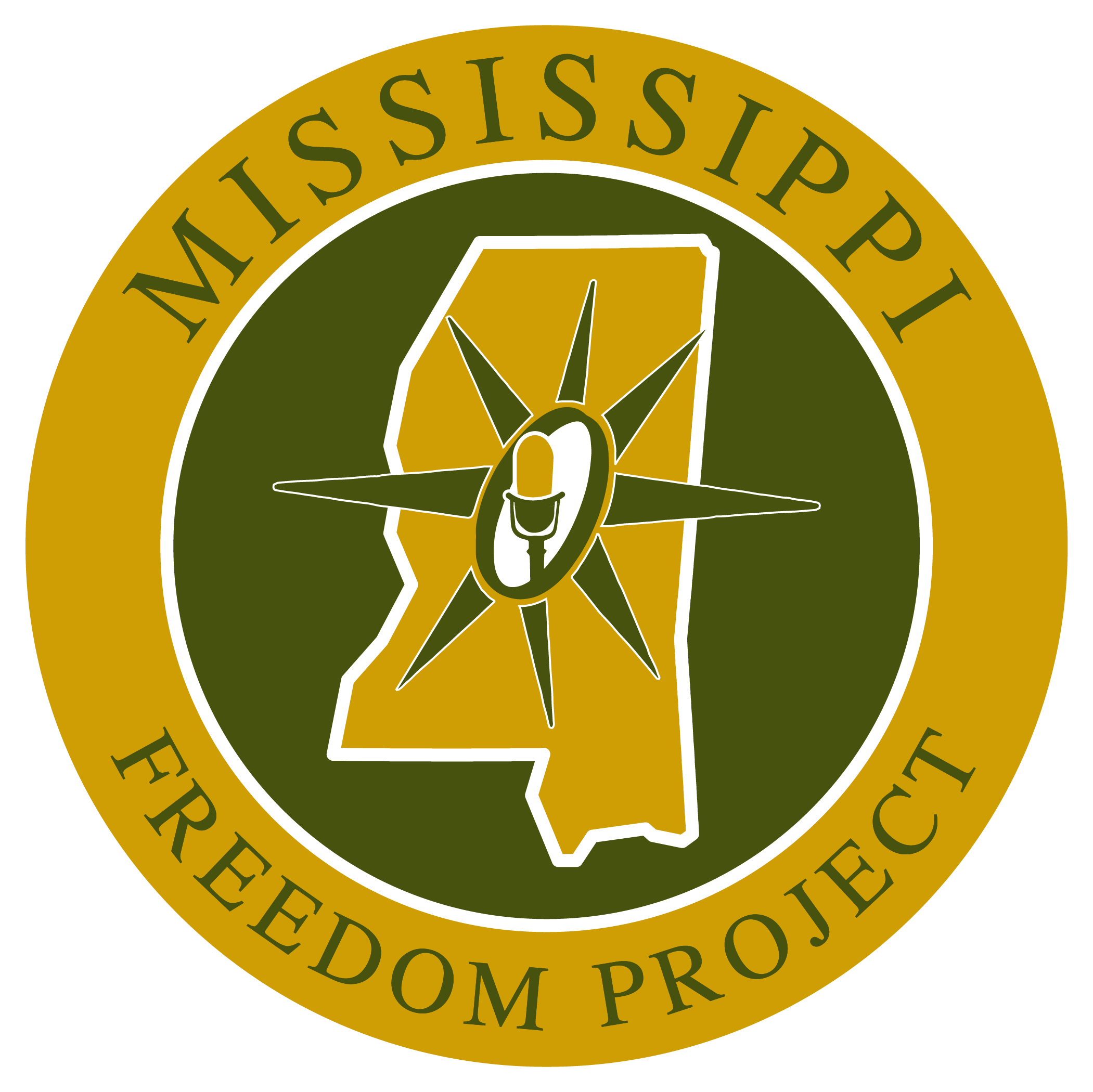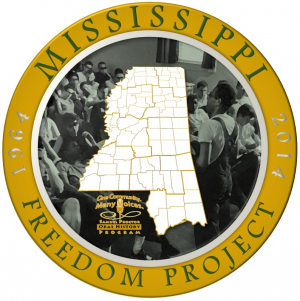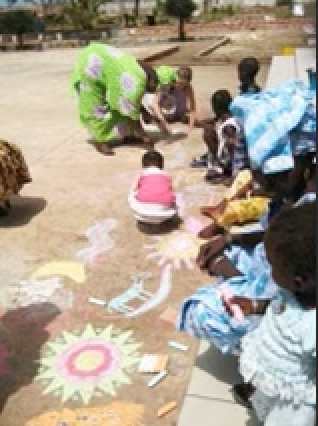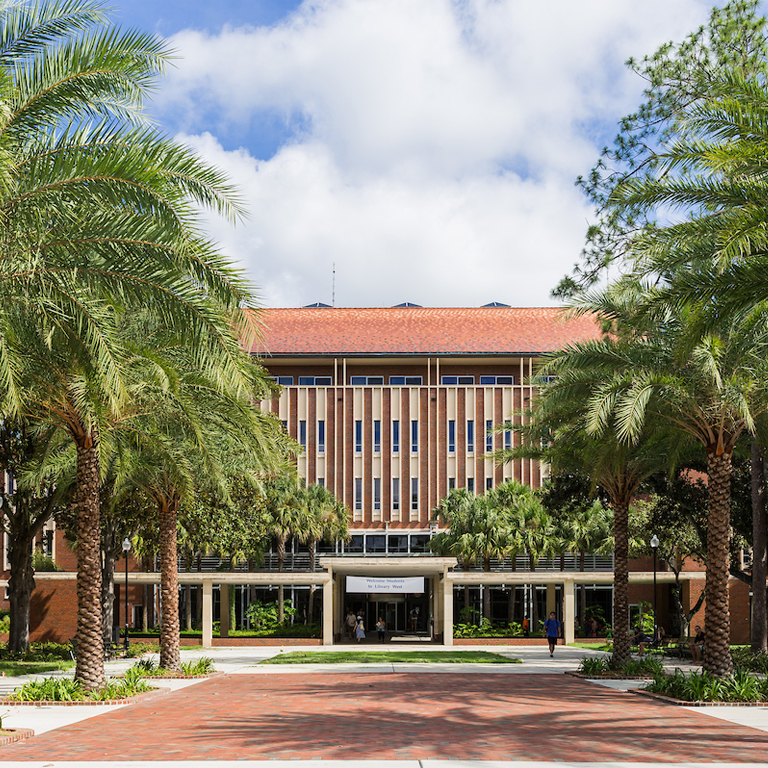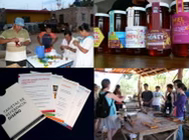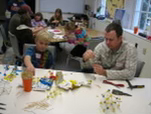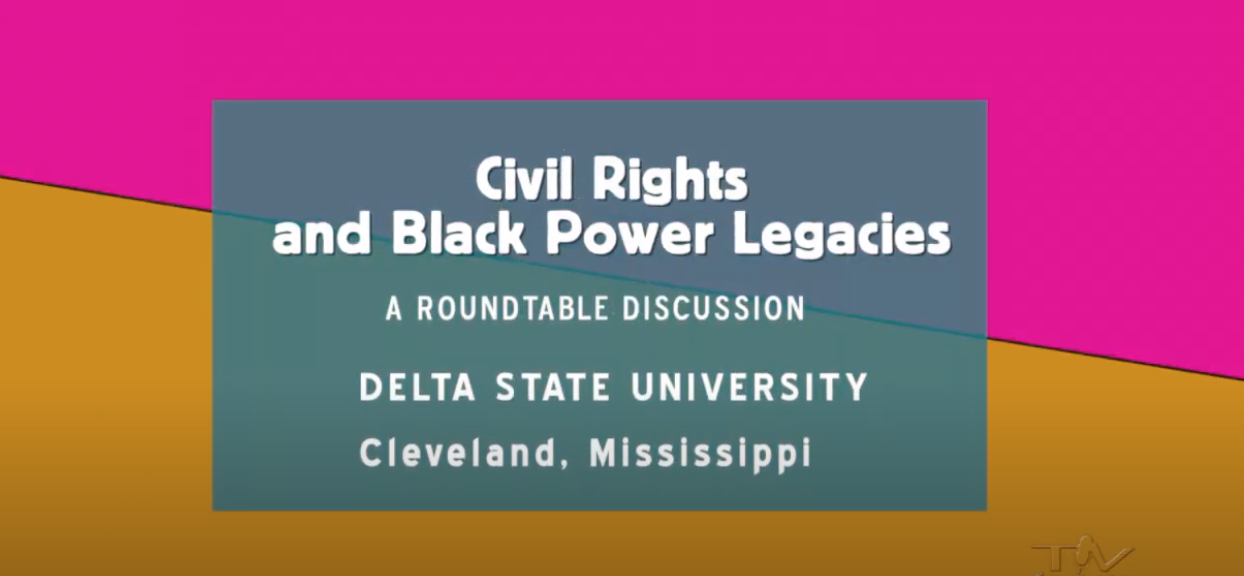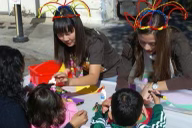Enjoy this gallery of civically-engaged arts, humanities, and design projects. Add your project here
2000
The Veteran’s History Project is one of the program’s longest-running collections, organized after the Library of Congress approached SPOHP in 2000 to collect oral histories with World War II veterans for the nationwide Veteran’s History Project.
Research topics include a range of military conflicts, including oral histories veterans from World War II, the Korean War, the Vietnam War, military operations in Central America, the Gulf War, Iraq and Afghanistan conflicts, and more.
The broad scope of the Veteran’s History Project collection is owed to the determined work of its volunteers, led by Coordinator Ann Smith and the entire team of dedicated community members who generously donate their time and energy.
We currently have 325 WWII interviews, with more every week. We will be collecting some at The Atrium and have formed a meaningful partnership at Altrusa House. Altrusa House provides day care and has begun interviewing veterans. Nancy Hult and Ray Jones are willing to follow guidelines for SPOHP and for the Library Congress participation. We welcome their participation.
2000
The Veteran’s History Project is one of the program’s longest-running collections, organized after the Library of Congress approached SPOHP in 2000 to collect oral histories with World War II veterans for the nationwide Veteran’s History Project.
Research topics include a range of military conflicts, including oral histories veterans from World War II, the Korean War, the Vietnam War, military operations in Central America, the Gulf War, Iraq and Afghanistan conflicts, and more.
The broad scope of the Veteran’s History Project collection is owed to the determined work of its volunteers, led by Coordinator Ann Smith and the entire team of dedicated community members who generously donate their time and energy.
We currently have 325 WWII interviews, with more every week. We will be collecting some at The Atrium and have formed a meaningful partnership at Altrusa House. Altrusa House provides day care and has begun interviewing veterans. Nancy Hult and Ray Jones are willing to follow guidelines for SPOHP and for the Library Congress participation. We welcome their participation.
2000
At the end of each semester, students of IUF 1000 complete the This I Believe (TIB) audio essay (adapted from ThisIBelieve.org). In this assignment, students identify a value or belief that guides them, and they explain how a course work relates to that value or belief. Beginning Summer 2016, students of IUF 1000 have been invited to enter their audio essays in the competition for the TIB Scholarship, sponsored by the Office of Undergraduate Affairs. The Finalists of the competition and the recipients of the TIB Scholarship have their entries included in the course’s new digital collection, IUF 1000: What is the Good Life @ UF. This collection is intended to serve as a resource for current students to consult, to recognize students in IUF 1000 for the exceptional quality of their work, and to provide the UF community with the opportunity to learn more about the purpose and content of the course. Audio essays will continue to be added each semester the competition is conducted.
For more information, contact Andrew Wolpert, Director of IUF 1000, at wolpert@ufl.edu
2000
At the end of each semester, students of IUF 1000 complete the This I Believe (TIB) audio essay (adapted from ThisIBelieve.org). In this assignment, students identify a value or belief that guides them, and they explain how a course work relates to that value or belief. Beginning Summer 2016, students of IUF 1000 have been invited to enter their audio essays in the competition for the TIB Scholarship, sponsored by the Office of Undergraduate Affairs. The Finalists of the competition and the recipients of the TIB Scholarship have their entries included in the course’s new digital collection, IUF 1000: What is the Good Life @ UF. This collection is intended to serve as a resource for current students to consult, to recognize students in IUF 1000 for the exceptional quality of their work, and to provide the UF community with the opportunity to learn more about the purpose and content of the course. Audio essays will continue to be added each semester the competition is conducted.
For more information, contact Andrew Wolpert, Director of IUF 1000, at wolpert@ufl.edu
2005
Organized by: Neta Pulvermacher, Assistant Professor- School of Theatre and Dance
Neta Pulvermacher is the director of Our Children Foundation Dance Project in Harlem. Currently her company, Neta Dance Co. has worked in residence for the project. Since 2005, the company has held free showings of works and Q& A discussion with the children and teens after the performances.
The Our Children Dance Exchange Project has held fourteen week dance-making workshops where two UF alumni, Matt Reeves and Colette Krogol work with the program which culminates with a program of thestudents choreography. This choreography workshop program is
funded by the Lower Manhattan Cultural Council, Manhattan
Community Arts Fund.
For more information: www.netacompany.org
2005
Organized by: Neta Pulvermacher, Assistant Professor- School of Theatre and Dance
Neta Pulvermacher is the director of Our Children Foundation Dance Project in Harlem. Currently her company, Neta Dance Co. has worked in residence for the project. Since 2005, the company has held free showings of works and Q& A discussion with the children and teens after the performances.
The Our Children Dance Exchange Project has held fourteen week dance-making workshops where two UF alumni, Matt Reeves and Colette Krogol work with the program which culminates with a program of thestudents choreography. This choreography workshop program is
funded by the Lower Manhattan Cultural Council, Manhattan
Community Arts Fund.
For more information: www.netacompany.org
2007
A performance directed by Prof. Mikell Pinkney, UF School of Theatre and Dance, is a good example of how faculty and students can work internationally and then return that experience to the local community.
“Where Can We Run? The Rwanda Experience” began with the UF Arts in Medicine/CAHRE program working in Africa to provide medical and emotional assistance to those impacted by genocide (1990s).
Once the students returned home to the US, they transformed their experience into storytelling, poetry, songs and video.
“Rwanda serves as a model for the devastation that can occur as a result of cultural divisiveness, for the capacity for healing in a wounded society, and for the roles that the arts can play in such healing,” says Jill Sonke, director of CAHRE. “Our goal is to bring the arts to genocide survivors and their families in Rwanda and to bring these important messages home to Florida communities.”
2007
A performance directed by Prof. Mikell Pinkney, UF School of Theatre and Dance, is a good example of how faculty and students can work internationally and then return that experience to the local community.
“Where Can We Run? The Rwanda Experience” began with the UF Arts in Medicine/CAHRE program working in Africa to provide medical and emotional assistance to those impacted by genocide (1990s).
Once the students returned home to the US, they transformed their experience into storytelling, poetry, songs and video.
“Rwanda serves as a model for the devastation that can occur as a result of cultural divisiveness, for the capacity for healing in a wounded society, and for the roles that the arts can play in such healing,” says Jill Sonke, director of CAHRE. “Our goal is to bring the arts to genocide survivors and their families in Rwanda and to bring these important messages home to Florida communities.”
2008
The Center for the Humanities and the Public Sphere has co-sponsored a project of the Samuel Proctor Oral History Program (SPOHP), which conducts ongoing research in the Mississippi Delta on the Civil Rights Movement in Mississippi by interviewing veteran civil rights activists and leading scholars of the movement.
The Mississippi Freedom Project (MFP) is an award-winning archive of 200+ oral history interviews conducted with veterans of the civil rights movement and notable residents of the Mississippi Delta.
The collection centers on activism and organizing in partnership with the Sunflower County Civil Rights Organization in Sunflower, Mississippi.
2008
The Center for the Humanities and the Public Sphere has co-sponsored a project of the Samuel Proctor Oral History Program (SPOHP), which conducts ongoing research in the Mississippi Delta on the Civil Rights Movement in Mississippi by interviewing veteran civil rights activists and leading scholars of the movement.
The Mississippi Freedom Project (MFP) is an award-winning archive of 200+ oral history interviews conducted with veterans of the civil rights movement and notable residents of the Mississippi Delta.
The collection centers on activism and organizing in partnership with the Sunflower County Civil Rights Organization in Sunflower, Mississippi.
2008
Since 2008, the Mississippi Freedom Project (MFP) has traveled to the Mississippi Delta annually on a field research trip with undergraduate students, graduate students, and staff to collect oral histories with civil rights veterans and notable residents.
The trip partners with the Sunflower County Civil Rights Organization and other research allies.
The annual Mississippi Freedom Project research trip serves to place undergraduate, graduate, and staff researchers in a dynamic environment to gather hands-on experience and knowledge of progressive social movements. As researchers in the Delta, trip participants work with community groups and education programs to collect oral histories with civil rights veterans and notable residents of the Delta, lending the collected oral histories a unique focus on connecting the lessons of civil rights movement organizing with Mississippi’s current social and political climate.
2008
Since 2008, the Mississippi Freedom Project (MFP) has traveled to the Mississippi Delta annually on a field research trip with undergraduate students, graduate students, and staff to collect oral histories with civil rights veterans and notable residents.
The trip partners with the Sunflower County Civil Rights Organization and other research allies.
The annual Mississippi Freedom Project research trip serves to place undergraduate, graduate, and staff researchers in a dynamic environment to gather hands-on experience and knowledge of progressive social movements. As researchers in the Delta, trip participants work with community groups and education programs to collect oral histories with civil rights veterans and notable residents of the Delta, lending the collected oral histories a unique focus on connecting the lessons of civil rights movement organizing with Mississippi’s current social and political climate.
2008
The Franklin County Project supported the preservation of the Apalachicola Bay seafood industry and estuaries by preserving the health, images and stories of its workers. The project brought awareness to the industry, including its unique artistry and individuals who form the culture, through simultaneous oral history, mural and health projects.
An interdisciplinary team of faculty, students and health professionals from the UF Center for the Arts in Healthcare spent a week in Franklin County documenting histories of the industry and its workers and creating a set of murals reflecting the industry, the bay, and the lives of people who sustain them. The team’s health professionals from the UF College of Nursing and Shands Hospital, will provide health screenings and health information to seafood workers and community members.
Students participated in the project through the UF International Fine Arts for Healing student organization.
For more information: http://www.arts.ufl.edu/cahre/ifah.as
2008
The Franklin County Project supported the preservation of the Apalachicola Bay seafood industry and estuaries by preserving the health, images and stories of its workers. The project brought awareness to the industry, including its unique artistry and individuals who form the culture, through simultaneous oral history, mural and health projects.
An interdisciplinary team of faculty, students and health professionals from the UF Center for the Arts in Healthcare spent a week in Franklin County documenting histories of the industry and its workers and creating a set of murals reflecting the industry, the bay, and the lives of people who sustain them. The team’s health professionals from the UF College of Nursing and Shands Hospital, will provide health screenings and health information to seafood workers and community members.
Students participated in the project through the UF International Fine Arts for Healing student organization.
For more information: http://www.arts.ufl.edu/cahre/ifah.as
2009
Beginning in 2009, the Center for the Humanities and the Public Sphere has used funds from the Rothman Endowment to sponsor a grant competition among University of Florida faculty and graduate students to expand the existing University of Florida library collections in areas in and related to the humanities that are currently underserved. Resources may include print, digital, or audio-visual media that enhance scholarly research and teaching in the humanities as well as affiliated disciplines. Requests that address the needs of broader constituencies of the University beyond the immediate applicants are judged especially favorably.
2009
Beginning in 2009, the Center for the Humanities and the Public Sphere has used funds from the Rothman Endowment to sponsor a grant competition among University of Florida faculty and graduate students to expand the existing University of Florida library collections in areas in and related to the humanities that are currently underserved. Resources may include print, digital, or audio-visual media that enhance scholarly research and teaching in the humanities as well as affiliated disciplines. Requests that address the needs of broader constituencies of the University beyond the immediate applicants are judged especially favorably.
2009
design for development (d4d) is an international initiative to explore how graphic designers, in partnership with marginalized communities, can use design processes, products, and strategies to develop sustainable solutions for local economic, social, cultural, and environmental problems. In doing this work, we move from our traditional places of work—our studios—to rural project sites in southern Mexico to work directly with project partners, including honey producers, organic farmers, community/ecotourism providers, and artisans as well as other disciplinary experts whose knowledge is necessary for project development. Our work provides unique challenges as well as opportunities to use graphic design—theories, methods, and resulting products—as a catalyst for change and development. In the long-term, it has the potential to positively impact participants’ economy, society, culture, and environment. While this work has taken place in Mexico, it has every potential to be replicated in the United States and I am currently developing a manuscript on the d4d methodology to share with other interested in innovative and responsible ways to integrate design into community development.
Organized by: Maria Rogal, Associate Professor- School of Art and Art History
For more information: www.design4development.org
2009
design for development (d4d) is an international initiative to explore how graphic designers, in partnership with marginalized communities, can use design processes, products, and strategies to develop sustainable solutions for local economic, social, cultural, and environmental problems. In doing this work, we move from our traditional places of work—our studios—to rural project sites in southern Mexico to work directly with project partners, including honey producers, organic farmers, community/ecotourism providers, and artisans as well as other disciplinary experts whose knowledge is necessary for project development. Our work provides unique challenges as well as opportunities to use graphic design—theories, methods, and resulting products—as a catalyst for change and development. In the long-term, it has the potential to positively impact participants’ economy, society, culture, and environment. While this work has taken place in Mexico, it has every potential to be replicated in the United States and I am currently developing a manuscript on the d4d methodology to share with other interested in innovative and responsible ways to integrate design into community development.
Organized by: Maria Rogal, Associate Professor- School of Art and Art History
For more information: www.design4development.org
2009
The UF National Art Education Association sponsors informational, community outreach, and promotional activities, provide an effective transition from art education preparation to professional practice, promote an exchange of ideas in substantive art education and all areas of the visual arts, and maintain a high standard of quality art education on campus and in the community.
For more information: http://plaza.ufl.edu/mtilland/index.html
2009
The UF National Art Education Association sponsors informational, community outreach, and promotional activities, provide an effective transition from art education preparation to professional practice, promote an exchange of ideas in substantive art education and all areas of the visual arts, and maintain a high standard of quality art education on campus and in the community.
For more information: http://plaza.ufl.edu/mtilland/index.html
2009
Jaymes Moore, a senior graphic design student at UF, stands with the visual display he constructed on campus for World AIDS Day, an international day held every Dec. 1 since 1988 to raise awareness about HIV and AIDS around the globe.
Gainesville Sun Article: http://www.gainesville.com/article/20091201/articles/912019867
2009
Jaymes Moore, a senior graphic design student at UF, stands with the visual display he constructed on campus for World AIDS Day, an international day held every Dec. 1 since 1988 to raise awareness about HIV and AIDS around the globe.
Gainesville Sun Article: http://www.gainesville.com/article/20091201/articles/912019867
2009
Katerie Gladdys, Assistant Professor- School of Art and Art History, transforms mapped landscapes and familiar interactions into alternative geographies. Slash and burn land clearing in Florida provides an optimal habitat for edible weeds. This piece is a micro-video documenting the tragedy, irony, and possible redemption of these landscapes.
Rampant land development—condominiums, churches, and subdivisions— marks/mars the Florida landscape and is part of the ongoing history of the state. Before the recession, developers cleared land at a breathtaking pace. Forest and ranch land one week, strip mall and suburban homes following. What was there will never be as it was. One land clearing practice is to slash, bulldoze, and burn destroying entire ecosystems. Next, a road replete with a cul-de-sac is etched into the landscape, followed by hydrants and signage purposing the land into sale-able lots.
With the advent of the recession, the cleared land is left to its own devices, providing a habitat for edible weeds and creating a slim “green lining” in light of greater destruction. The research for this piece was done with the assistance of Susan Marynowski of the Alachua County Native Plant Society. The piece consists of micro-videos that document the tragedy, irony, and possible redemption of these landscapes left fallow by the recession.
2009
Katerie Gladdys, Assistant Professor- School of Art and Art History, transforms mapped landscapes and familiar interactions into alternative geographies. Slash and burn land clearing in Florida provides an optimal habitat for edible weeds. This piece is a micro-video documenting the tragedy, irony, and possible redemption of these landscapes.
Rampant land development—condominiums, churches, and subdivisions— marks/mars the Florida landscape and is part of the ongoing history of the state. Before the recession, developers cleared land at a breathtaking pace. Forest and ranch land one week, strip mall and suburban homes following. What was there will never be as it was. One land clearing practice is to slash, bulldoze, and burn destroying entire ecosystems. Next, a road replete with a cul-de-sac is etched into the landscape, followed by hydrants and signage purposing the land into sale-able lots.
With the advent of the recession, the cleared land is left to its own devices, providing a habitat for edible weeds and creating a slim “green lining” in light of greater destruction. The research for this piece was done with the assistance of Susan Marynowski of the Alachua County Native Plant Society. The piece consists of micro-videos that document the tragedy, irony, and possible redemption of these landscapes left fallow by the recession.
2009
On the 2nd annual Mississippi Freedom research trip to the Delta region of Mississippi, also heartland of the Civil Rights Movement, student researchers of the University of Florida on this trip assisted in the production of this roundtable discussion on African American activism featuring leaders in the field.
THURSDAY EVENING: 7:00 pm. August 20, 2009. Civil Rights and Black Power legacies roundtable at Delta State University in Cleveland, Mississippi, featuring noted scholars Hasan Kwame Jeffries (Ohio State University); Curtis Austin, (University of Southern Mississippi); Emilye Crosby (SUNYGeneseo ), Margaret Block, and an essay written by Dr. Zoharah Simmons of the University of Florida and read by Khambria Clarke, undergraduate of the University of Florida. Introductions by Arlene Sanders and moderator Dr. Paul Ortiz of the University of Florida.
We will seminar with some of the top civil rights movement scholars and activists in the United States at the historically black college, Delta State University. This will be a powerful event and we wiII have a chance to talk with great scholars as well as contemporary students and activists in attendance.
2009
On the 2nd annual Mississippi Freedom research trip to the Delta region of Mississippi, also heartland of the Civil Rights Movement, student researchers of the University of Florida on this trip assisted in the production of this roundtable discussion on African American activism featuring leaders in the field.
THURSDAY EVENING: 7:00 pm. August 20, 2009. Civil Rights and Black Power legacies roundtable at Delta State University in Cleveland, Mississippi, featuring noted scholars Hasan Kwame Jeffries (Ohio State University); Curtis Austin, (University of Southern Mississippi); Emilye Crosby (SUNYGeneseo ), Margaret Block, and an essay written by Dr. Zoharah Simmons of the University of Florida and read by Khambria Clarke, undergraduate of the University of Florida. Introductions by Arlene Sanders and moderator Dr. Paul Ortiz of the University of Florida.
We will seminar with some of the top civil rights movement scholars and activists in the United States at the historically black college, Delta State University. This will be a powerful event and we wiII have a chance to talk with great scholars as well as contemporary students and activists in attendance.
2009
On Friday, Oct. 2, 2009, the Kids with Cameras Foundation celebrated Mahatma Gandhi’s 140th birthday with a worldwide screening of the Academy Award-winning documentary film Born into Brothels.
A Gainesville screening party was held at UF alumnus’ gallery, Randy Batista Photography Gallery in Gainesville.
The event featured videos by current School of Art and Art History (SA+AH) Drawing and Painting MFA candidate Radhika Agrawala, co-orgainzed by Garima Thakur (SA+AH Graphic Design MFA candidate), Sarah Fitzpatrick (UF alumnae) & Lauren Lake (faculty, SA+AH)
Volunteers from the SA+AH included: Andrew Hendrixson, Nick Pilato, David Tarafa, Scott Horsley, Jill Mullins, Radhika Agarwala and Garima Thakur
Speakers included: Anita Anantharam, Assistant Professor, UF Center for Women’s Studies and Gender Research
2009
On Friday, Oct. 2, 2009, the Kids with Cameras Foundation celebrated Mahatma Gandhi’s 140th birthday with a worldwide screening of the Academy Award-winning documentary film Born into Brothels.
A Gainesville screening party was held at UF alumnus’ gallery, Randy Batista Photography Gallery in Gainesville.
The event featured videos by current School of Art and Art History (SA+AH) Drawing and Painting MFA candidate Radhika Agrawala, co-orgainzed by Garima Thakur (SA+AH Graphic Design MFA candidate), Sarah Fitzpatrick (UF alumnae) & Lauren Lake (faculty, SA+AH)
Volunteers from the SA+AH included: Andrew Hendrixson, Nick Pilato, David Tarafa, Scott Horsley, Jill Mullins, Radhika Agarwala and Garima Thakur
Speakers included: Anita Anantharam, Assistant Professor, UF Center for Women’s Studies and Gender Research
2009
Since 1988, the UF Art Education Program has sponsored The Imagination Station at the Downtown Festival and Art Show. The Imagination Station is an arts activity area for local children and their families. Over forty volunteers from UF manage ten activity tables that provide opportunities for children to paint and make artist books, collages, crazy hats, chalk drawings on the pavement, and more. Each year we see around 1000 kids and their parents over the two days of the festival.
For more information: http://www.arts.ufl.edu/programs/arteducation.aspx
Dr Craig Roland-croland@ufl.edu
Dr. Michelle Tillander-mtilland@ufl.edu
2009
Since 1988, the UF Art Education Program has sponsored The Imagination Station at the Downtown Festival and Art Show. The Imagination Station is an arts activity area for local children and their families. Over forty volunteers from UF manage ten activity tables that provide opportunities for children to paint and make artist books, collages, crazy hats, chalk drawings on the pavement, and more. Each year we see around 1000 kids and their parents over the two days of the festival.
For more information: http://www.arts.ufl.edu/programs/arteducation.aspx
Dr Craig Roland-croland@ufl.edu
Dr. Michelle Tillander-mtilland@ufl.edu
